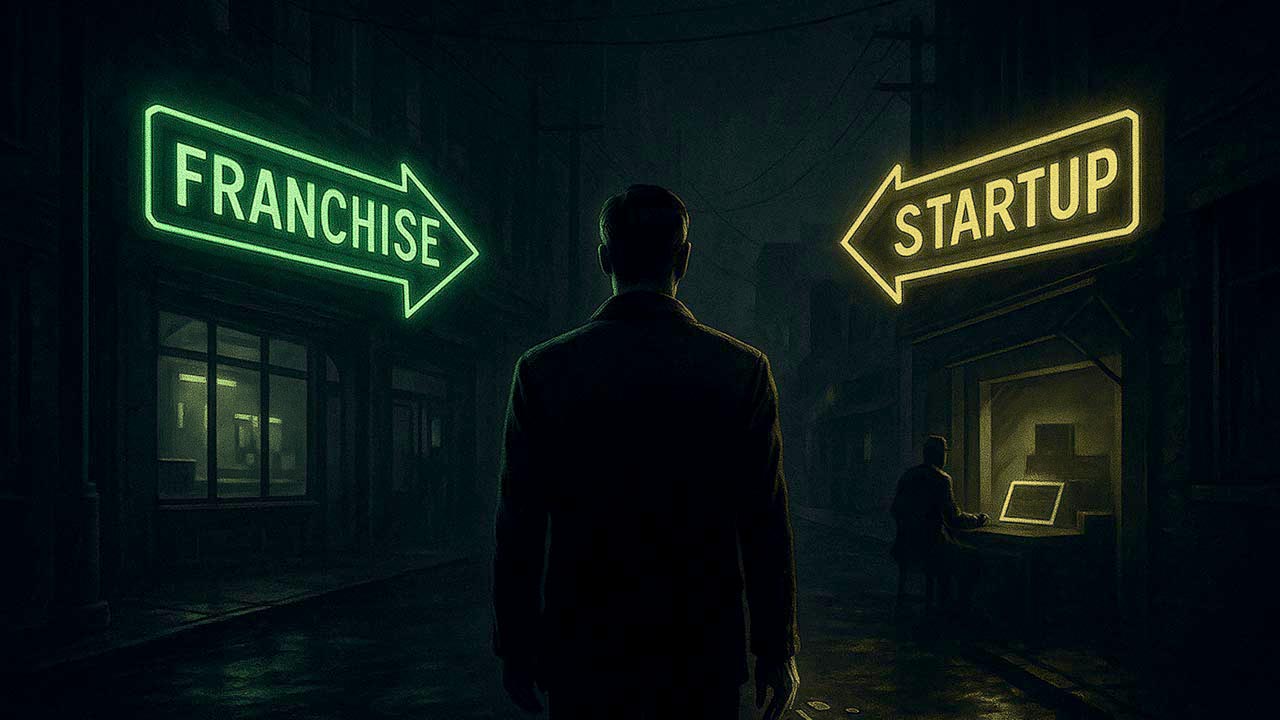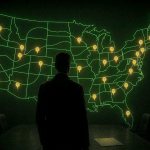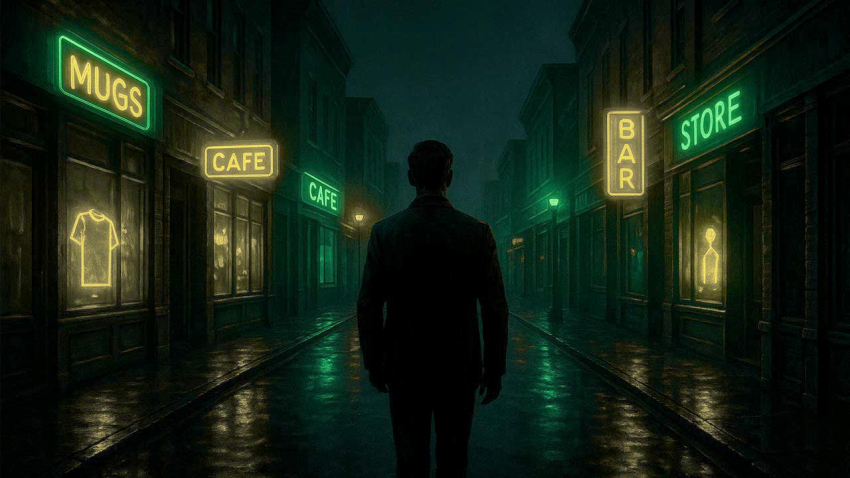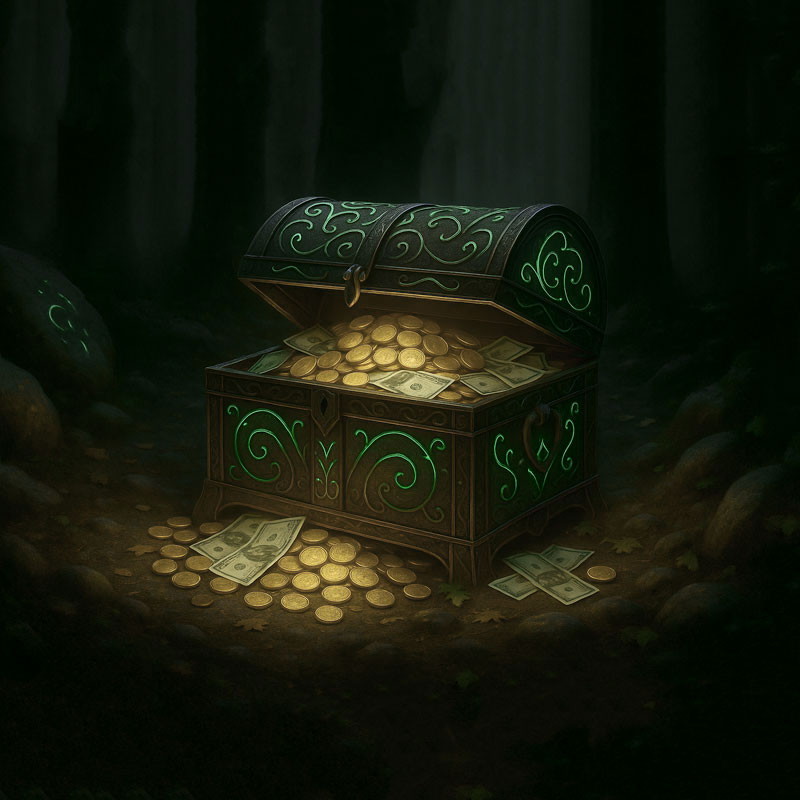When it comes to entrepreneurship, the fork in the road often leads to two distinct paths: buying into a franchise or starting your own business from scratch. Both options can lead to success, but they demand different mindsets, risk tolerances, and skill sets. The real question isn’t which path is objectively better—it’s which one is better for you.
This guide will help you break down the differences between franchise ownership and starting your own company so you can make a decision that aligns with your personality, goals, and resources.
The Franchise Path: Plugging Into a Proven System
Buying into a franchise means stepping into a business with a blueprint already built. You’re paying for brand recognition, systems, and support. For many entrepreneurs, that’s worth the investment.
Franchises often come with established supply chains, marketing strategies, and training programs. This reduces the uncertainty of whether the business model will work. Instead of inventing the wheel, you’re learning how to operate it.
Take fast food chains as an example. Customers already know what to expect, suppliers are lined up, and the franchise provides you with advertising muscle. Your role is execution, not experimentation.
But with stability comes structure—and limitations. Franchises usually dictate how you run the business, from pricing to decor. For entrepreneurs who crave autonomy, this can feel restrictive. For those who value predictability, it’s a relief.
The Startup Path: Building From the Ground Up
Starting your own business means ultimate freedom. You get to design the product, branding, systems, and culture exactly how you envision. If you thrive on creativity, innovation, and independence, a startup can be the purest form of entrepreneurship.
Of course, freedom comes with higher risk. You won’t have an established playbook, so every step requires experimentation. Startups demand resilience and adaptability—you’ll likely pivot several times before finding what works.
This path can be exhilarating for entrepreneurs who see opportunity everywhere, but daunting for those who prefer predictability. The success stories we often admire—tech companies that became billion-dollar giants—are almost always startups. But for every success, there are countless ventures that never take off.
Comparing Risk and Reward
The risks and rewards of franchises and startups play out differently. With franchises, risk is reduced because you’re stepping into a proven system. You’re less likely to face catastrophic failure, but your upside is limited by franchise fees and corporate rules. Your profits are steadier, but your ability to innovate is capped.
Startups flip the equation. Risk skyrockets because you’re testing an unproven model, but if your idea works, the upside is massive. There are no royalties or restrictions—every win is yours. The trade-off is volatility. One month might look promising, while the next could be survival mode.
Your choice comes down to whether you prefer stability with limited upside or uncertainty with unlimited potential.
Investment and Financial Considerations
Franchises often require significant upfront fees, sometimes ranging from tens of thousands to several million depending on the brand. On top of that, there are ongoing royalty payments and marketing contributions. In return, you get branding power, customer trust, and corporate support.
Startups can sometimes launch leaner, but costs vary widely depending on the industry. A tech startup might require little more than a laptop and software, while a retail business could demand heavy upfront investment. While you avoid franchise fees, you’ll need to build brand recognition, marketing, and infrastructure on your own.
Your financial situation and access to capital will heavily influence which option is realistic. If you’ve saved capital and want lower uncertainty, a franchise may make sense. If you’re scrappy and resourceful with limited funds, bootstrapping a startup might be more attainable.
Lifestyle and Personality Fit
Perhaps the most important factor is your personal style. Do you want to follow a roadmap or create your own? Do you value predictability or experimentation? Do you thrive on systems or chaos?
Franchises often appeal to those who enjoy managing operations within proven systems. These entrepreneurs are comfortable with consistency and prefer execution over invention. For example, a franchise owner might take pride in running a store that delivers the exact same quality as hundreds of others across the country.
Startups attract visionaries who want to disrupt the status quo. These entrepreneurs are energized by problem-solving and exploration. They thrive on trying new ideas, learning from mistakes, and pivoting until they find traction.
Neither is inherently superior—it’s about alignment with who you are. An entrepreneurial mismatch often leads to frustration, not failure of the model itself.
The Hybrid Mindset: Lessons From Both Worlds
Interestingly, the best entrepreneurs often borrow traits from both paths. Franchise owners succeed when they innovate within the system—finding local marketing angles, community connections, or operational efficiencies that corporate manuals don’t cover.
Startup founders thrive when they eventually create repeatable systems. The goal of many startups is to scale, and scaling requires processes that look a lot like franchises: standardized operations, documented workflows, and brand consistency.
This overlap shows that entrepreneurship isn’t black and white. The skills you develop in either path—execution, resilience, innovation, system-building—are transferable.
Case Study: A Tale of Two Entrepreneurs
Consider Maria, who opened a well-known coffee franchise in her city. She paid franchise fees but quickly benefited from brand recognition. Within months, she had steady foot traffic, and corporate marketing campaigns supported her growth. While she occasionally felt restricted by menu rules, she enjoyed financial predictability and community presence.
Now meet James, who launched his own specialty coffee shop. He created a unique menu, developed his own supply chain, and branded his café around local culture. The first year was tough—uncertain revenue, trial-and-error operations, and constant adjustments. But after finding his niche, his business grew into a regional brand with multiple locations—all fully under his control.
Neither path was better; each matched the entrepreneur’s style. Maria valued security, James valued freedom. Both succeeded because they chose the route that aligned with their vision and risk tolerance.
Choosing Your Path With Confidence
The decision between franchise and startup isn’t about right or wrong—it’s about fit. Be honest about your strengths, resources, and tolerance for uncertainty. The clearer you are on who you are as an entrepreneur, the clearer the right path will become.
If you crave a playbook and want to minimize risk, franchising may be your best option. If you thrive on freedom, creativity, and risk-taking, a startup will likely energize you more.
Whichever path you choose, success comes from commitment, resilience, and the willingness to learn as you go. The best path is the one that energizes you to keep moving forward when challenges inevitably arise.
And if you’re ready to go deeper in mapping out your business path, explore THE PLAN. It’s designed to help entrepreneurs like you align strategy, systems, and mindset so your chosen path leads to lasting success.












